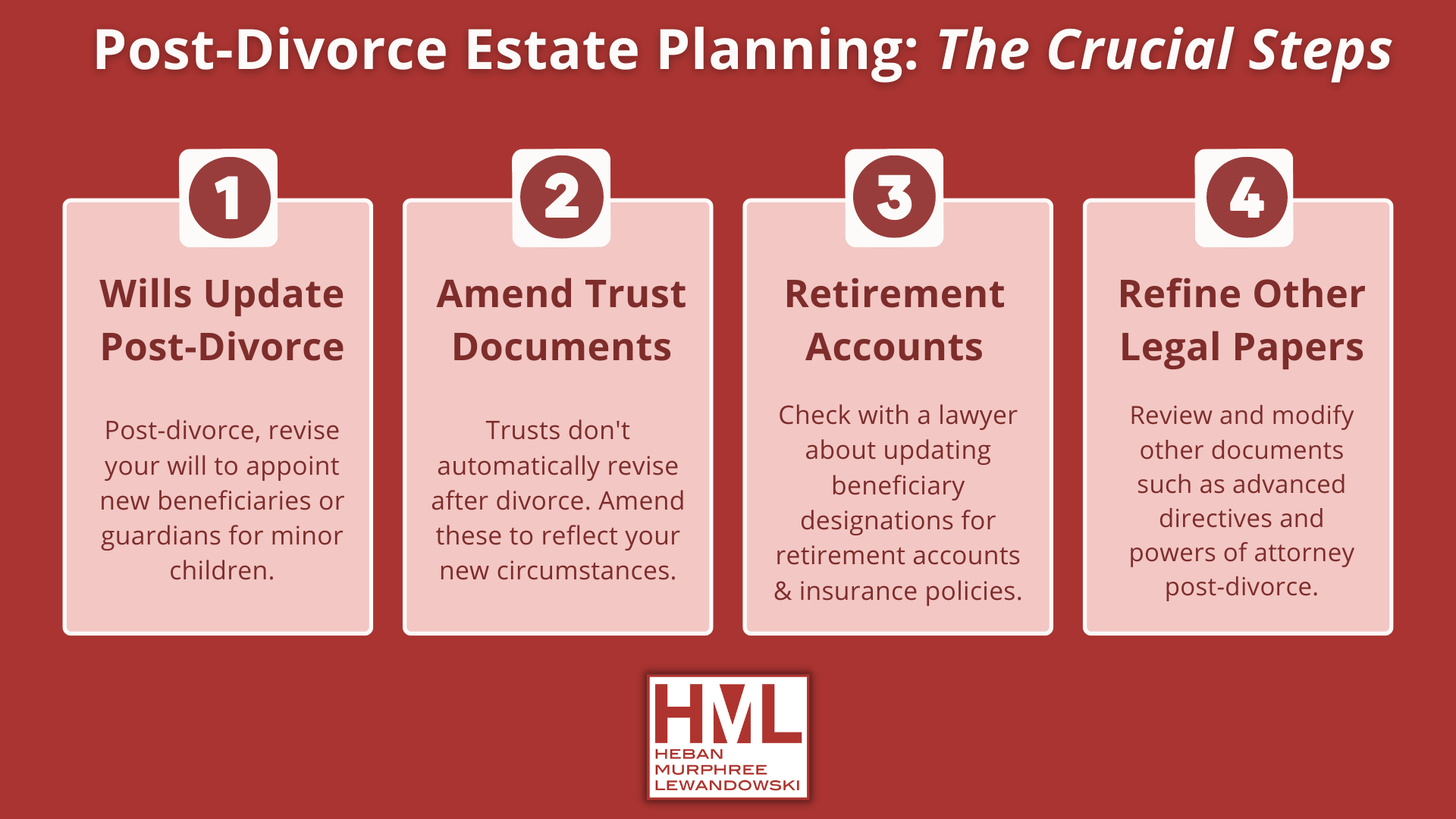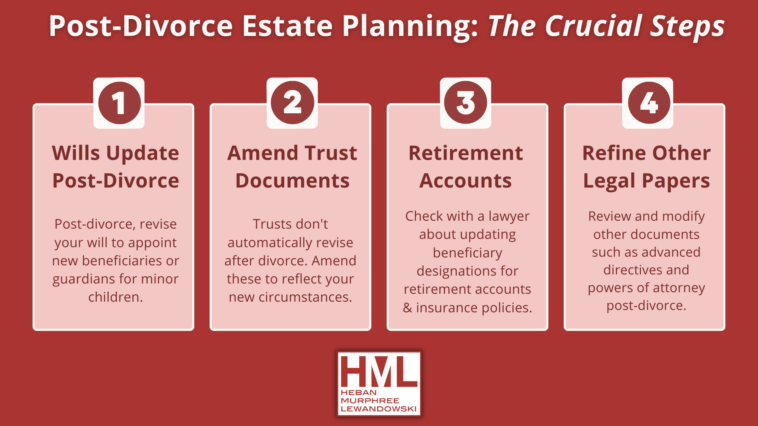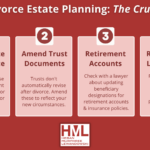
Easing the Tensions between Divorce and Estates
In the complex realm of estate law, the entwining of divorce proceedings and inheritance planning often results in heightened conflict and legal battles. Not taking into account key shifts in an individual’s life could lead to stressful consequences for estate lawyers and their clients.
Avoiding Surprises in Divorce and Estate Convergence
Renowned analysts Charles M. Riffle, Kathleen A. Durrans, and Melissa R. Karlsten have provided in-depth insights into how family court and probate court in California deal differently with similar scenarios. Their 2005 work, “When Death and Divorce Collide,” remains a vital resource today. Their key insight: an attorney who can accurately anticipate how a family court and probate court will rule on various matters will be best positioned to deliver maximum value to their client.
Revocation upon Divorce
When a divorce is finalized, it’s common procedure for the former spouses to be automatically removed as beneficiaries of a will, trust, or other estate document. This concept, termed “revocation upon divorce”, as outlined in California Probate Code Section 5302, saves those undergoing divorce from undesired outcomes. However, this law does not always apply, revealing the necessity for effective legal advice and estate planning in different jurisdictions.
Joint Tenancy
Joint tenancy allows co-ownership of a property in equal proportions. On a joint tenant’s death, their shared asset is transferred to the surviving tenant(s), circumventing the need for probate court proceedings. Wills that contain property in joint tenancy provisions have critical implications, which necessitate proactive decision-making and guidance from attorneys.
Ademption and Abatement
Ademption and abatement are vital to understanding what happens when an asset no longer exists at the time of the testator’s death. If the asset, say a business left for the children, has been sold off before the testator’s death, it is a situation of ademption. However, if changes in an estate occur due to factors external to the testator’s actions, courts may allow for ademption abatement. Clarity in such situations is best achieved by incorporating changes into the estate plans.
Conclusion
Legal practitioners need to adapt to the divergent interpretations by family and probate courts, thereby averting severe probléms. They must vigilantly monitor their clients’ lifestyle changes and ensure appropriate updates are made to estate plans. This clarity and proactive planning can prevent extended and costly litigation, fulfilling a testator’s final wishes seamlessly.
About the Authors
The Estate Lawyers, comprising of Amy Gostanian and Carl Jones, are industry-leading professionals with an in-depth understanding of the complex intersections between estate law, divorce proceedings, and inheritance considerations, providing litigation services to their clients in challenging situations.
Disclaimer
This op-ed provides broad, general information and should not be considered legal advice. The content addresses the compexities of divorce and estate litigation and does not cater to every individual’s unique situation. It is essential to seek professional legal advice based on unique circumstances.
Originally Post From https://www.jdsupra.com/legalnews/divorce-need-not-ignite-estate-1747862/
Read more about this topic at
Wills & Trusts
Brevard County, Florida, legal blog

